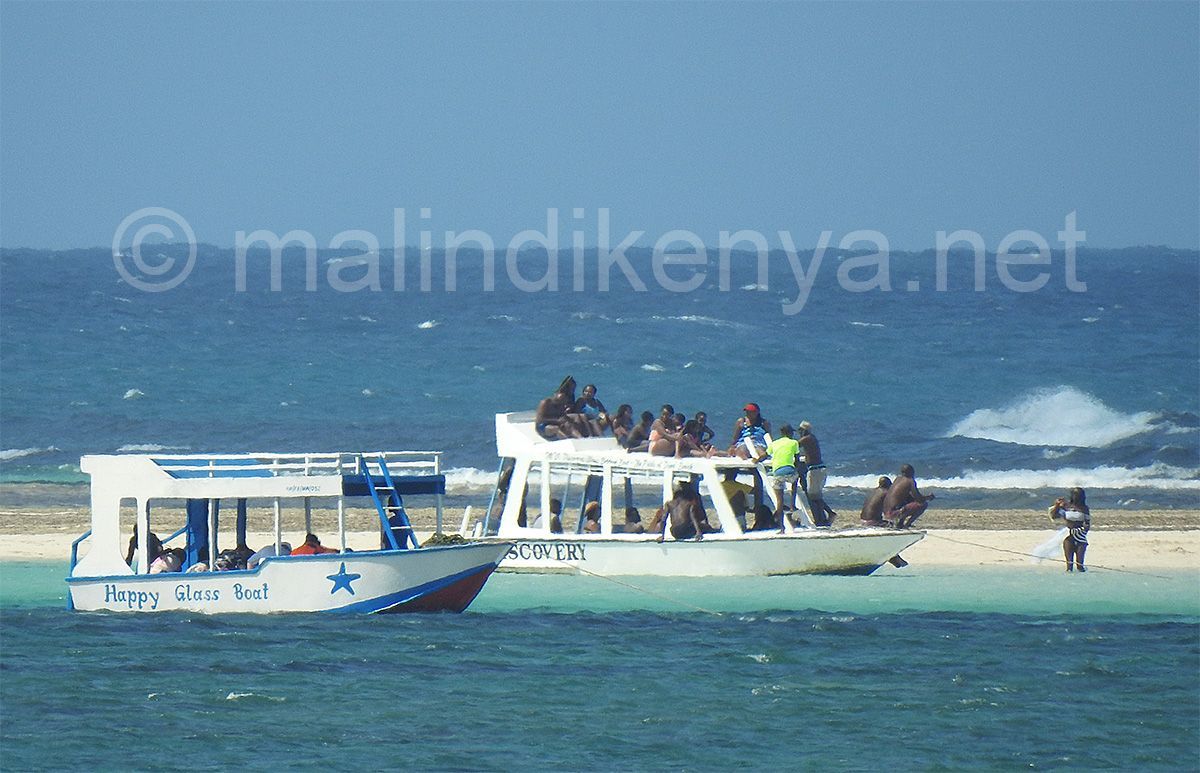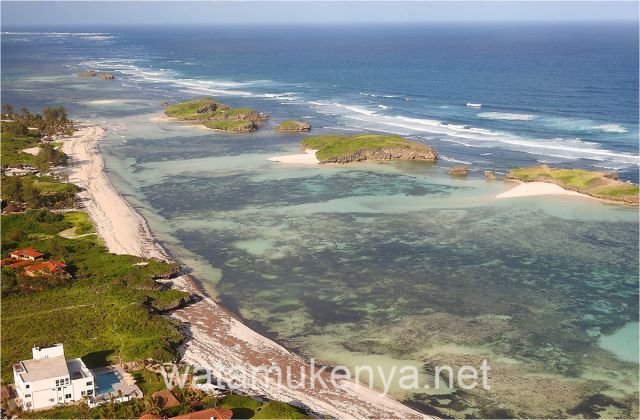
TOURISM
09-12-2021 di redazione

The fact that Kenya is one of the most sought-after destinations for next winter's holidays, with all due proportions compared to pre-pandemic years, is no mystery.
It is not a mystery, as we have seen in recent days by browsing hotel booking sites and especially villas and flats for rent, and it is not a mystery because of the effects of those demonstrations of interest that in these days are beginning to turn into real confirmations of presence in tourist resorts by foreigners and Kenyans.
Alongside the markets that have always been the most prolific, such as Great Britain and the United States, a new interesting target is gaining strength: Kenyans living abroad or even becoming citizens of other nations and other continents.
These are the so-called 'diaspora tourists' who, after the end of restrictions, are eager to return to Kenya to see the country where they were born and raised or where they still have relatives, parents and friends.
They are Americans, Canadians, British, Germans and Scandinavians. They have lived and put down roots in Spain, Italy and France and are starting to get fed up with the West or feel that the time is right to leave the madness of the old continents and return to enjoy the best of what their country has to offer. The Kenya they may have left many years ago when the difference in opportunities, culture and democracy was abysmal and the USA and Europe were seen as promised lands. Many of them are small entrepreneurs, shopkeepers, professors, employees. Many have put aside what in civilised countries are normal sums of money and which in Kenya can mean a quiet life for people over 50 or potential investments for younger people. Not all of them come back to stay, but it is certain that even those who come to Kenya on holiday in the coming months, after the full reopening, will also consider some purchase of land, real estate and more. According to a report by the World Bank in consultation with international agency Knight Frank, Kenya is the world's richest country in the shortest period of time. It takes only 13 years to become a billionaire, starting with an investment of just $20,000.
Obviously, for many visitors with dual citizenship, this will not be a simple holiday, but there will always be a special eye to make some savings.
Many bookings for resorts on the coast, but also in the Rift Valley (such as Narok and Nanyuki, for example), come from unusual countries, such as Norway, Ireland and Canada. But if you read the surnames, you realise that these are 'diaspora people', as they are called here.
Some of them have recently bought the large villas in Malindi that for almost half a century belonged to Italians who had them built when an acre of land came at the same price as a garage in Milan or a one-room flat in Rome.
The "diaspora" who have already set up businesses such as bed & breakfasts or boutique hotels are the first to know how and where to market themselves to attract other expatriates like themselves.
It is a phenomenon that cannot leave us indifferent because these are very interesting tourists: in addition to having a full wallet, they have the Western habit of recognising the pleasures of leisure travel: they know how to eat and drink well, they want to experience Kenya's modernity and its growth, and they appreciate professional service.
This year's challenge for places like Lamu, Watamu and Diani is to recognise and 'pamper' this almost unheard of tourism, which can become an added value for the future of the local economy, especially in places linked to the hospitality and entertainment industry.
NEWS
di redazione

Until a few years ago Watamu was an unknown destination for many Kenyans from the north and inland.
In recent months, and in the wake of the Covid-19 pandemic, those who wanted to spend their holidays outside the big cities...